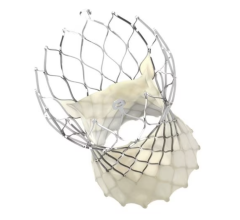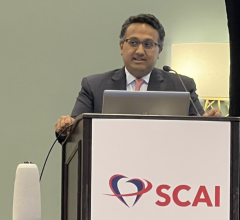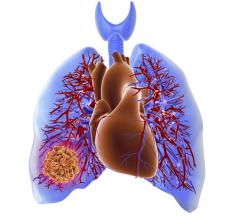
Getty Images
August 21, 2023 — The Society for Cardiovascular Angiography & Interventions (SCAI) has released a position statement on Renal Denervation (RDN), emphasizing patient selection, optimal techniques, competence, training, and institutional recommendations. The statement was published in the Journal of the Society for Cardiovascular Angiography & Interventions (JSCAI).
Despite advocacy for lifestyle interventions and the availability of medications to address hypertension (HTN), more than one half of individuals with high blood pressure do not achieve recommended treatment goals. RDN, a minimally invasive procedure targeting sympathetic nerves adjacent to the renal arteries, has shown promising results in reducing blood pressure.
Hypertension is a leading cause of death and disability globally, and the prevalence of uncontrolled HTN is on the rise. The impact of cost, side effects, and polypharmacy on quality-of-life often limit access and adherence to pharmacotherapy. Therapies targeting the renal sympathetic nervous system, such as RDN, hold tremendous potential for the treatment of HTN. Furthermore, RDN may have beneficial effects on other conditions associated with sympathetic imbalance, including sleep apnea, left ventricular hypertrophy, albuminuria, and atrial fibrillation.
The SCAI position statement emphasizes the importance of appropriate patient selection, thorough pre-procedure evaluation, meticulous procedural planning and technique, strict operator training standards, and facility requirements for the success of RDN programs. By addressing these key aspects, the statement aims to pave the way for integration of RDN into the management of HTN.
“Device therapies targeting the renal sympathetic nervous system hold promise as adjuncts to abate or interventions to abolish hypertension, depending upon the underlying severity of blood pressure elevation,” said Herbert Aronow, MD, MPH, FSCAI, chair of the writing group, Medical Director, Heart & Vascular Services at Henry Ford Health, and a Professor at the Michigan State University College of Human Medicine. “This statement emphasizes that with appropriate patient selection, evaluation, and strict implementation of operator training standards and facility requirements, RDN treatment can be provided in an optimal fashion to this patient population.”
For more information: www.scai.org


 May 05, 2025
May 05, 2025 









